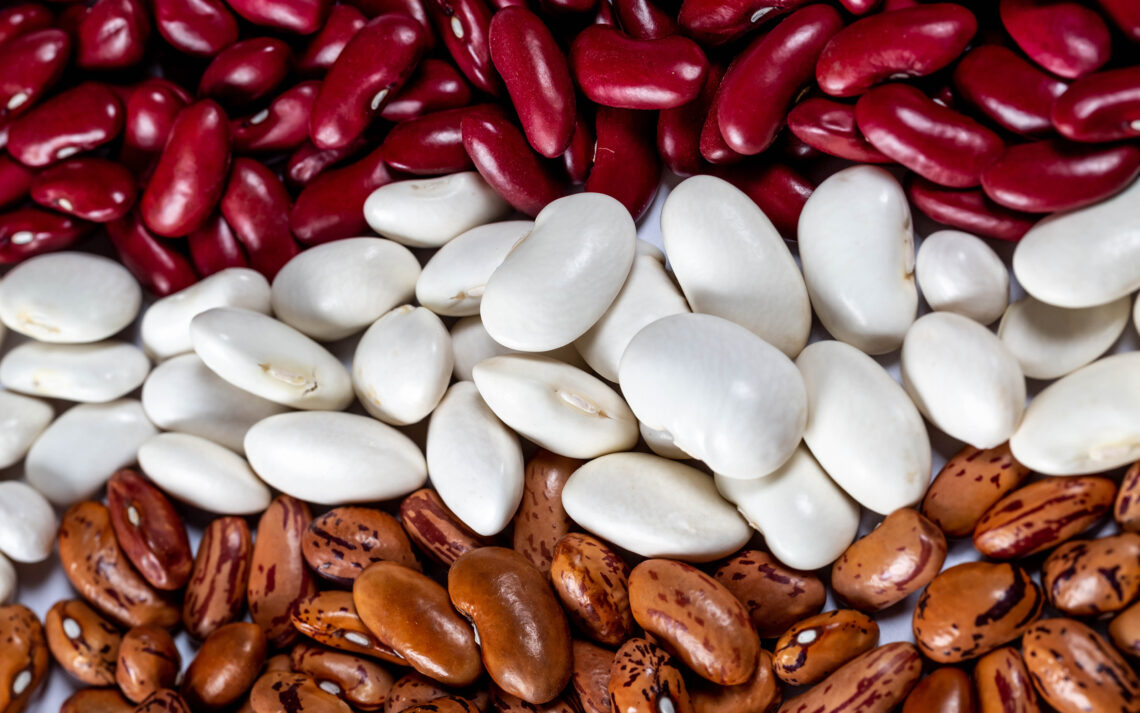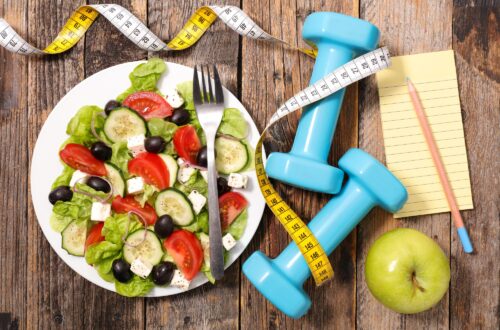Introduction to Beans and Flatulence
Beans are a type of legume that are rich in protein, fiber, vitamins, and minerals, making them a staple food in many diets. However, they contain certain carbohydrates and compounds that can be difficult for some people to digest, leading to gas production and flatulence. While flatulence is a normal bodily function, excessive gas can be uncomfortable and embarrassing for some individuals.
Nutritional Benefits of Beans
Before delving into why beans cause gas, it’s essential to highlight the numerous nutritional benefits that beans offer:
Protein
Beans are an excellent plant-based source of protein, making them an ideal option for vegetarians and vegans.
Fiber
Beans are high in dietary fiber, which promotes digestive health, regulates bowel movements, and helps control blood sugar levels.
Vitamins and Minerals
Beans are rich in vitamins and minerals, including folate, iron, potassium, and magnesium, which are essential for overall health and well-being.
Low in Fat
Beans are naturally low in fat and cholesterol, making them a heart-healthy food choice.
Reasons Why Beans Cause Gas
Beans contain certain carbohydrates called oligosaccharides, particularly raffinose and stachyose, which the human digestive system cannot break down completely. As a result, these carbohydrates pass into the large intestine undigested, where they are fermented by bacteria. This fermentation process produces gases such as hydrogen, methane, and carbon dioxide, which can cause bloating, discomfort, and flatulence.
Additionally, beans contain compounds called lectins and saponins, which may also contribute to gas production and digestive discomfort in some individuals. These compounds can irritate the digestive tract and interfere with nutrient absorption, leading to increased gas production.
Tips for Reducing Gas from Beans
While it may not be possible to completely eliminate gas when consuming beans, there are several strategies that can help reduce gas production and alleviate discomfort:
Soak and Rinse
Soaking dried beans overnight and rinsing them thoroughly before cooking can help remove some of the indigestible carbohydrates and reduce gas-producing compounds.
Gradual Introduction
Gradually increase your intake of beans over time to allow your digestive system to adjust and become accustomed to the fibers and carbohydrates found in beans.
Cook Thoroughly
Cooking beans thoroughly breaks down some of the indigestible carbohydrates and makes them easier to digest. Using a pressure cooker or slow cooker can help soften beans and reduce gas production.
Include Digestive Aids
Certain herbs and spices, such as cumin, fennel, and ginger, have digestive properties that can help reduce gas and bloating when consumed with beans.
Pair with Whole Grains
Combining beans with whole grains such as rice or quinoa can help balance the fiber and carbohydrate content of the meal and reduce gas production.
FAQs (Frequently Asked Questions)
Are certain types of beans more likely to cause gas than others?
Some beans, such as black beans, navy beans, and kidney beans, may be more likely to cause gas due to their higher oligosaccharide content. However, individual tolerance varies, and some people may experience less gas with certain types of beans.
Can canned beans cause less gas than dried beans?
Canned beans are often precooked, which may reduce their oligosaccharide content and make them easier to digest for some individuals. However, canned beans may contain added sodium and preservatives, so it’s essential to choose low-sodium or no-salt-added varieties when possible.
Does rinsing canned beans reduce gas?
Rinsing canned beans can help remove some of the excess sodium and reduce gas-producing compounds, although it may not eliminate gas entirely. Soaking dried beans and rinsing them before cooking is still recommended for optimal digestion.
Will cooking beans with certain herbs or spices help reduce gas?
Some herbs and spices, such as cumin, fennel, and ginger, have digestive properties that can help reduce gas and bloating when consumed with beans. Experimenting with different herbs and spices may help alleviate gas symptoms for some individuals.
Can enzyme supplements help reduce gas from beans?
Some individuals find relief from gas and bloating by taking over-the-counter enzyme supplements containing alpha-galactosidase, which helps break down oligosaccharides in beans and other gas-producing foods. However, it’s essential to consult with a healthcare professional before starting any new supplements.
Conclusion
In conclusion, beans are a nutritious and versatile food that offers numerous health benefits, including protein, fiber, vitamins, and minerals. However, their high fiber and carbohydrate content can also lead to gas production and flatulence in some individuals. By understanding the reasons why beans cause gas, incorporating cooking and preparation techniques to reduce gas, and experimenting with dietary strategies to improve digestion, individuals can continue to enjoy the nutritional benefits of beans while minimizing discomfort and embarrassment associated with gas. As always, it’s essential to listen to your body, pay attention to how different foods affect you, and make dietary choices that support your overall health and well-being.
- Comprehensive Evaluation Top CBD Oils Examined By CBD Rethink - April 22, 2024
- Exploring Liquid Bliss: A Personal Journey with Just Kratom’s Kratom Gold Shots - April 22, 2024
- Comprehensive Review of the Top CBD Oils By CBD Rethink - April 22, 2024






